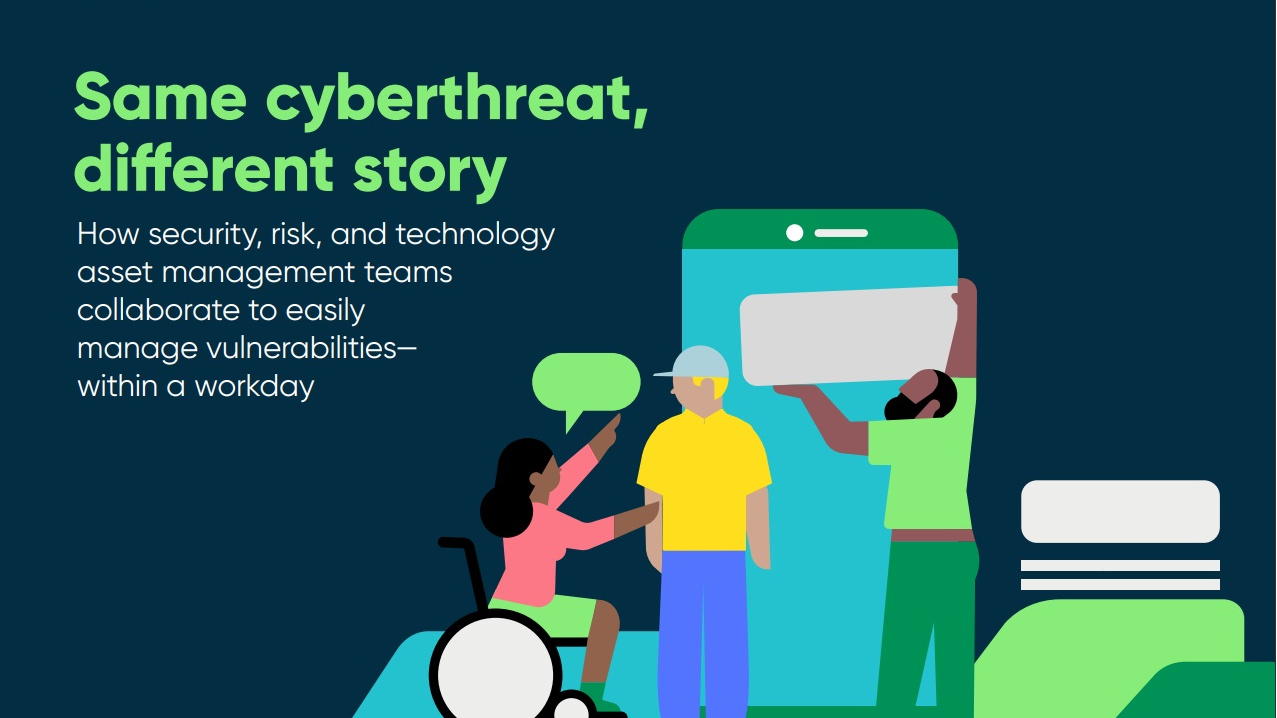Bahrain targets activists with NSO's Pegasus spyware
The spyware reportedly employed two exploits targeting Apple's iMessage system


The government of Bahrain has once again used spyware from Israeli surveillance company NSO to target activists' smartphones, according to a Citizen Lab report,
The spyware employed two exploits targeting Apple's iMessage system, including a new one first spotted in June.
The report tracked the targeting of nine Bahraini activists using the NSO software. The investigation ties the infection servers to NSO's Pegasus spyware, and tracked the spyware's use of multiple vulnerabilities in iMessage.
Citizen Lab researchers noted that a Bahrain government operator codenamed LULU compromised iPhones using Pegasus via a zero-click iMessage exploit known as KISMET between July and September 2020. This simply required the phone to receive a message, enabling the spyware to compromise the operating system and monitor its internet traffic.
KISMET compromised iOS versions until at least version 13.7, according to the Citizen Lab. At that point, Apple updated iOS with the BlastDoor security feature that defended against zero-click iMessage attacks. NSO's Pegasus spyware then resorted to a single-click attack, requiring victims to follow a link in an iMessage.
Pegasus returned to zero-click attacks from February 2021 with a more recent exploit Citizen Lab called FORCEDENTRY.
RELATED RESOURCE

Challenging the rules of security
Protecting data and simplifying IT management with Chrome OS
FORCEDENTRY appears to be the same as Megalodon, an attack Amnesty International identified in June. It is a zero-click attack that could compromise phones without any user interaction. Amnesty confirmed it had compromised iPhones running iOS 14.6 in June, and Apple told the organization it was investigating the issue. At the time of writing, the latest version of iOS is 14.7.
Sign up today and you will receive a free copy of our Future Focus 2025 report - the leading guidance on AI, cybersecurity and other IT challenges as per 700+ senior executives
Freedom House, a non-profit that promotes democracy worldwide, classified Bahrain as “Not Free,” and gives it a freedom score of 29% due to heavy restrictions on internet use and strong censorship practices. The country arrests internet users for discussing forbidden topics online and engages in online surveillance practices, including spyware.
Citizen Lab first documented Bahrain Pegasus use in 2018 via a government operator that it called PEARL. It posited that LULU may be the same state surveillance team.
NSO continues to face challenges as it sells spyware to countries with oppressive histories, including Bahrain. Amazon Web Services shut down NSO infrastructure running on its servers last month, and United Nations human rights experts renewed calls for an international moratorium on the sale of spyware.
The Citizen Lab cited tools from other companies the Bahrain government used for online surveillance, including Cellebrite, FinFisher, Netsweeper, Trovicor, and Verint.
Danny Bradbury has been a print journalist specialising in technology since 1989 and a freelance writer since 1994. He has written for national publications on both sides of the Atlantic and has won awards for his investigative cybersecurity journalism work and his arts and culture writing.
Danny writes about many different technology issues for audiences ranging from consumers through to software developers and CIOs. He also ghostwrites articles for many C-suite business executives in the technology sector and has worked as a presenter for multiple webinars and podcasts.
-
 Microsoft unveils Maia 200 accelerator, claiming better performance per dollar than Amazon and Google
Microsoft unveils Maia 200 accelerator, claiming better performance per dollar than Amazon and GoogleNews The launch of Microsoft’s second-generation silicon solidifies its mission to scale AI workloads and directly control more of its infrastructure
-
 Infosys expands Swiss footprint with new Zurich office
Infosys expands Swiss footprint with new Zurich officeNews The firm has relocated its Swiss headquarters to support partners delivering AI-led digital transformation
-
 Foreign states ramp up cyberattacks on EU with AI-driven phishing and DDoS campaigns
Foreign states ramp up cyberattacks on EU with AI-driven phishing and DDoS campaignsNews ENISA warns of hacktivism, especially through DDoS attacks
-
 A new 'top-tier' Chinese espionage group is stealing sensitive data
A new 'top-tier' Chinese espionage group is stealing sensitive datanews Phantom Taurus has been operating for two years and uses custom-built malware to maintain long-term access to critical targets
-
 ‘States don’t do hacking for fun’: NCSC expert urges businesses to follow geopolitics as defensive strategy
‘States don’t do hacking for fun’: NCSC expert urges businesses to follow geopolitics as defensive strategyNews Paul Chichester, director of operations at the UK’s National Cyber Security Centre, urged businesses to keep closer tabs on geopolitical events to gauge potential cyber threats.
-
 Three ways to evolve your security operations
Three ways to evolve your security operationsWhitepaper Why current approaches aren’t working
-
 Beat cyber criminals at their own game
Beat cyber criminals at their own gameWhitepaper A guide to winning the vulnerability race and protection your organization
-
 Quantifying the public vulnerability market: 2022 edition
Quantifying the public vulnerability market: 2022 editionWhitepaper An analysis of vulnerability disclosures, impact severity, and product analysis
-
 Same cyberthreat, different story
Same cyberthreat, different storyWhitepaper How security, risk, and technology asset management teams collaborate to easily manage vulnerabilities
-
 Business value of ServiceNow security operations
Business value of ServiceNow security operationsWhitepaper Experience transformational gains from automating workflows and data-sharing among IT, security, and risk teams to rapidly remediate threats
